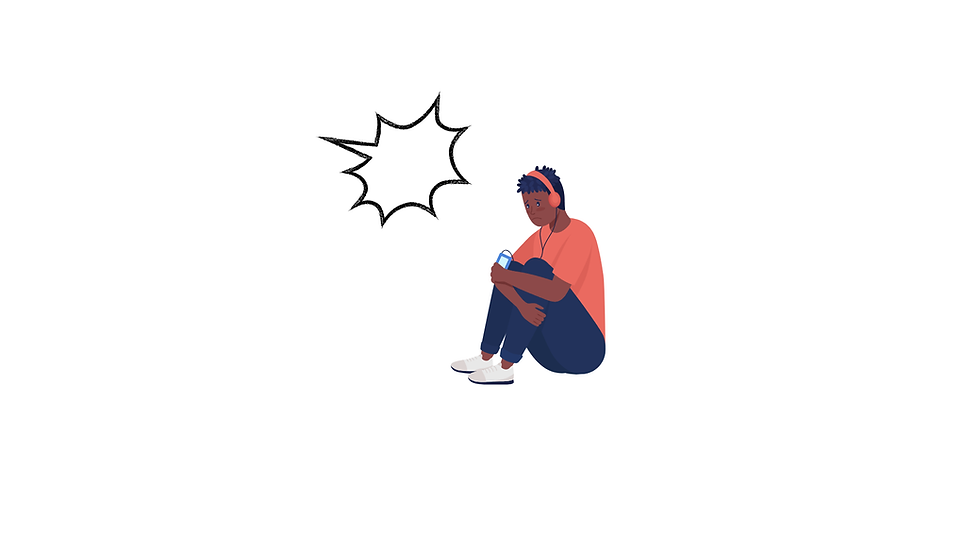Beyond Doubt: Recognising and Overcoming Gaslighting
- Peter Sibilant

- May 19, 2025
- 1 min read
Updated: Aug 6, 2025

According to a post by Medical News Today:
"Gaslighting is a form of psychological abuse where a person causes someone to question their sanity, memories, or perception of reality. People who experience gaslighting may feel confused, anxious, or unable to trust themselves."
In an abusive relationship, gaslighting unfortunately can be all too common and, due to its manipulative powers, many people don't even realise it is occurring. So... what can it look like?
Someone who is gaslighting you may:
Question your memory
Refuse to listen to make you doubt what you're saying
Refuse to take responsibility for their own actions
Say things that do not match their actions
Lie and deny doing wrong even when there is proof
Make you feel the need to defend their behaviour when they do wrong
They may say things like:
You made me do that
You know I never said that
You're always making things up
Stop being so dramatic
You're remembering it wrong
You're too sensitive, it was only a joke
You're crazy
I did it because I love you
You're overreacting
That's your fault
The effects of gaslighting include:
Anxiety
Depression
Isolation
Low self-esteem
Self-doubt
PTSD
Seeking help: It’s important to keep a record of things as they happen, to return to as proof if a person makes you start to doubt your own memory. Be careful to record information in safe space where the abusive person will not be able to access it. Seeking professional help to heal and recover from gaslighting can help to regain confidence and self-esteem. See our resource page for more.







Comments